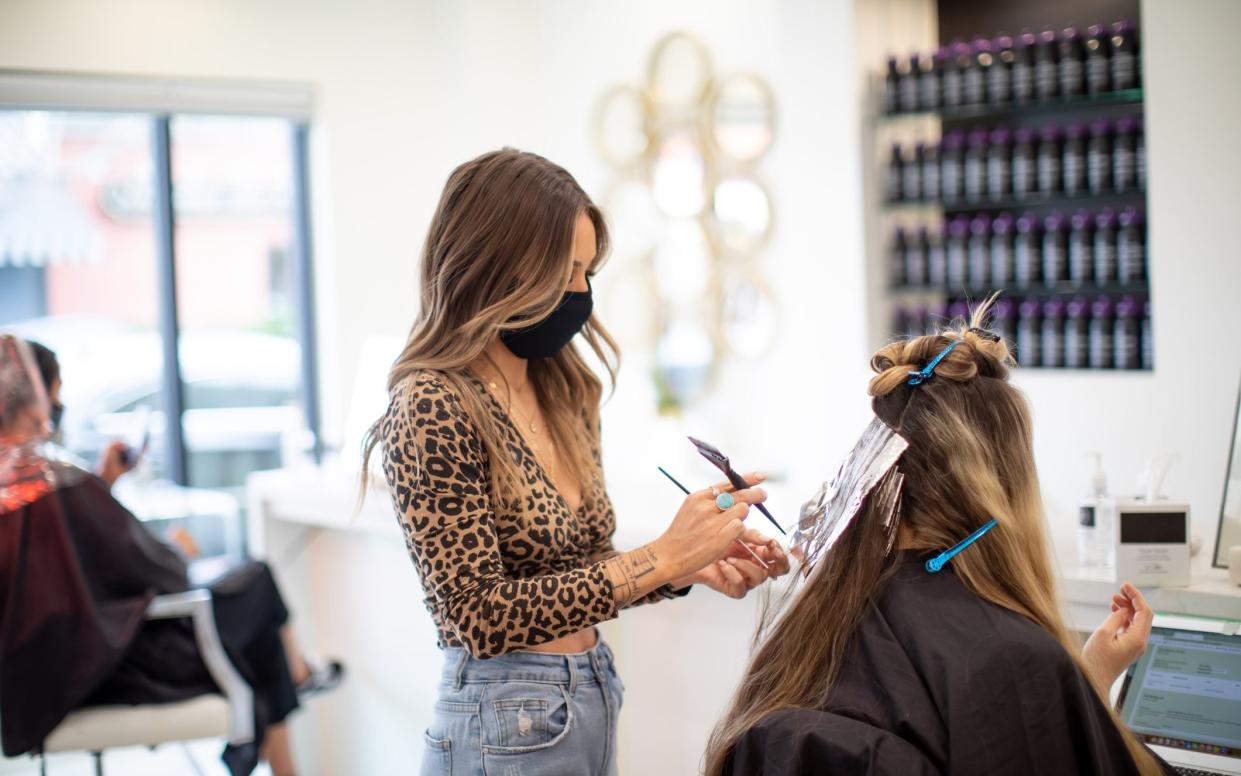Data reveals the beauty sector has grown by 1.1 percent compared to pre-pandemic

New research from the Local Data Company released on Monday has found that the beauty industry in Britain has grown over the past two years, despite the impact of the pandemic.
The hair and beauty industry was among the most heavily impacted sectors throughout the various coronavirus lockdowns, but still grew by 1.1 per cent between January 2020 and December 2021. In contrast, the overall retail and leisure sector declined by 3.3 per cent over the same period.
The British Beauty Council, who commissioned the research, put down the positive growth to the increase of ‘micro-businesses’ on the highstreet, such as nail salons and barber shops.
“It has been an extremely challenging time for our sector – salons were closed for more than 200 days of lockdown. Many have sadly not been able to reopen, and we still have some tough months ahead of us,” says Millie Kendall OBE, chief executive of the British Beauty Council. “However, this data reveals that we have been nothing but resilient.”
The British beauty industry is largely made up of thousands of small independent businesses, which fulfil the needs of a modern consumer. With an increase of people working from home, the local high street - in which many of these businesses are run - has seen a return in popularity.
The beauty industry is also a relatively low-cost way to invest in self-care: in previous times of recession, the beauty sector has always been one of the first industries to bounce back because of the low-cost wellbeing benefits.
The number of nail salons increased by 9.1 per cent between January 2020 and December 2021, barber shops were up 8.9 per cent and general beauty salons up by 7.7 per cent. The UK’s beauty industry is valued at £30 billion - double that of the car manufacturing industry - and employs 600,000 people of which more than 80 per cent are women.


